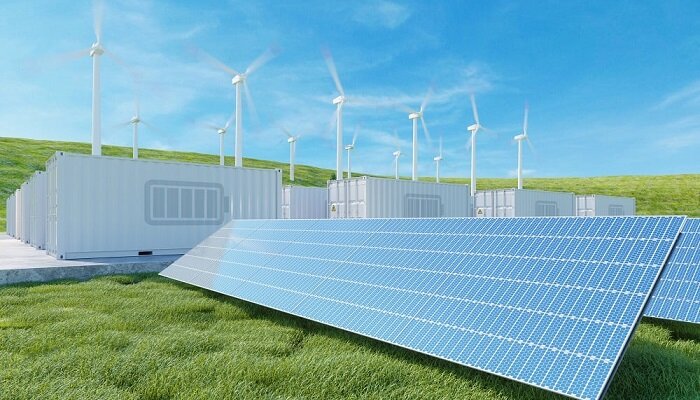All thanks to PV systems and battery storage, millions of households across Europe happen to be already partially self-sufficient.
A German-Swiss research group has gone on to calculate the potential when it comes to European residential buildings so as to achieve grid independence with the help of solar-plus-storage solutions. The team looks to determine whether such homes could go on to abandon the grid completely.
They happened to base their calculations on a set of data that mixed detailed geographic data about European households and buildings with local and economic elements. Making use of advanced techniques to simplify the process on high-performance computers, they designed cost-optimized as well as self-sustaining energy systems for almost 4000 representative single-family homes. The inferences were then applied to the 41 million single-family homes they analyzed, making use of neural networks.
Under today’s conditions, 53% of the 41 million buildings happen to be technically capable of powering themselves right through the use of local rooftop PV systems alone, independent from the external infrastructure, and this pie could very well rise to 75% by 2050 because of improved technologies, opined Russell McKenna, one of the researchers. If they assume that the building owners would be alright to invest almost 50% more than would be essential for an energy system with a grid connection that’s comparable, then almost 2 million single-family homes could go on to leave the grid by 2050.
It is well to be noted that energy-self-sufficient residential buildings happen to show great resilience and potential, especially in regions that have a stable pattern, such as Spain, and areas that have a high electricity cost, like Germany. Electrolysis could also be a major component in cost-optimized systems.
As per Jann Weinand, the results go on to suggest that successful, self-sufficient, as well as cost-optimal energy supply systems for buildings across Central Europe will go on to consist of photovoltaics for electricity generation, a combination of short-term battery storage, and also a long-term seasonal hydrogen storage system.
The important question here is whether widespread adoption of completely self-sufficient, off-grid supply systems falls in line with an efficient energy system. Single-family homes can go on to contribute significantly when it comes to stabilizing renewable-based energy systems by way of load management, on-demand solar power injection, and provision when it comes to balancing services.
The research group has been formed by scientists from the Karlsruhe Institute of Technology, Forschungszentrum Julich GmbH, the Swiss Federal Institute of Technology Zurich, and the Paul Scherrer Institute.





































